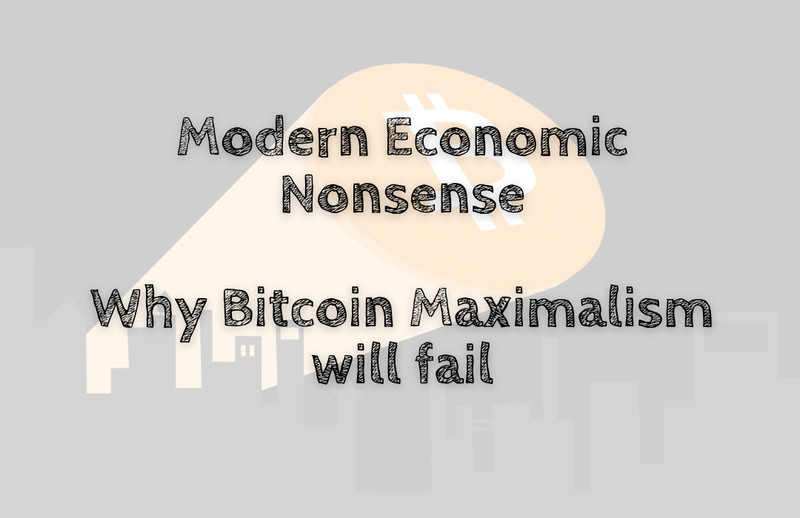
The idea of a digital currency that can be used for payments is a very compelling one. Financial inclusion has become a major focus of the developing world, and many companies are trying to solve the problem through digital currencies. The most well-known is probably bitcoin, but there are several altcoins as well. However, as with any new technology, there are two primary challenges: educating people about it and convincing them to adopt it. Educating people about digital currency is not so hard these days, thanks to things like podcasts and Youtube videos. It’s convincing them to adopt it that has proven to be the harder part—and the more important one as well. If you think about it, adopting new payment systems involves a lot of hassle for very little benefit. When you compare card networks where merchants have accounts in exchange for processing transactions on their behalf, or even cash where merchants don’t need any sort of account at all, it becomes pretty clear why adoption has been slow. However, when you compare these alternatives to cryptocurrencies, which offer total anonymity and make paying by phone or the internet much easier than paying with cash, adoption may seem more attractive. We’ll explore why digital currency adoption will fail without thinking outside the box and embracing some core concepts that are often overlooked.
Why Bitcoin Maximalism will fail
There are many reasons why Bitcoin maximalism will fail. Let’s explore why some will fail, and some will succeed at adopting digital currency. For starters, Bitcoin maximalists tend to focus on the wrong reasons for why Bitcoin is popular. They point out that the price of bitcoin is high and that it’s valuable. While these are both true, they’re not very compelling reasons. What people really want is financial inclusion and convenience—they want to be able to use Bitcoin to buy a coffee without having to take their laptop or smartphone with them or use card networks that are difficult to use for the unconnected. The truth is that Bitcoin maximalists often focus on the wrong reasons. They often talk about the power of Bitcoin because it sounds more powerful and important than it really is. Also, ignoring the development of altcoins jeopardizes the future of blockchain development.
What is the alternative to Bitcoin maximalism?
There’s been a lot of talk about the need for alternative digital currencies to Bitcoin, and many people have tried to create an alternative. However, not many have succeeded. There are several that have gained significant traction, but it’s still very much a minority market. The fact is that the Bitcoin maximalists tend to focus on the wrong reasons for why people use altcoins. They often talk about the power of technology because it sounds more important than it really is. The truth is that people use altcoins because they solve problems that Bitcoin doesn’t solve but could in the future.
Bitcoin and cryptocurrency don’t have to be mutually exclusive
The biggest fallacy that bitcoin maximalists employ is that they assume bitcoin is a must-have and all other digital currencies are optional. This is simply not true. For example, one of the most successful digital currency applications by far is the use of digital money for payments for goods and services.
The benefits of thinking outside the box: unbanked and underbanked
The biggest benefit that digital currency has over traditional payments is that it solves the unbanked problem. The unbanked are people who don’t have bank accounts. For example, let’s say that Alice wants to buy Bob’s house. However, she doesn’t have the money to buy it, and she can’t get a loan from a bank. In this scenario, she’s the “unbanked”, and Bob is the “underbanked”. Cryptocurrencies can help the unbanked to have their own bank and the underbanked to have sufficient funds in their banks.
Conclusion
The concept of digital currency is a compelling one, but the reality of adoption will depend on the benefits it provides and who is using it. Unfortunately, Bitcoin maximalists often focus on the wrong reasons for why Bitcoin is popular. They often talk about the power of Bitcoin because it sounds more powerful and important than it really is. The truth is that Bitcoin maximalists often focus on the wrong reasons. They often talk about the price of Bitcoin because it sounds more important than it really is. The truth is that people really want financial inclusion and convenience—they want to be able to use Bitcoin to buy a coffee without having to take their laptop or smartphone with them.
Reminder: I am not your financial advisor.
Buy me a coffee here if you want to support my writing.
Comments